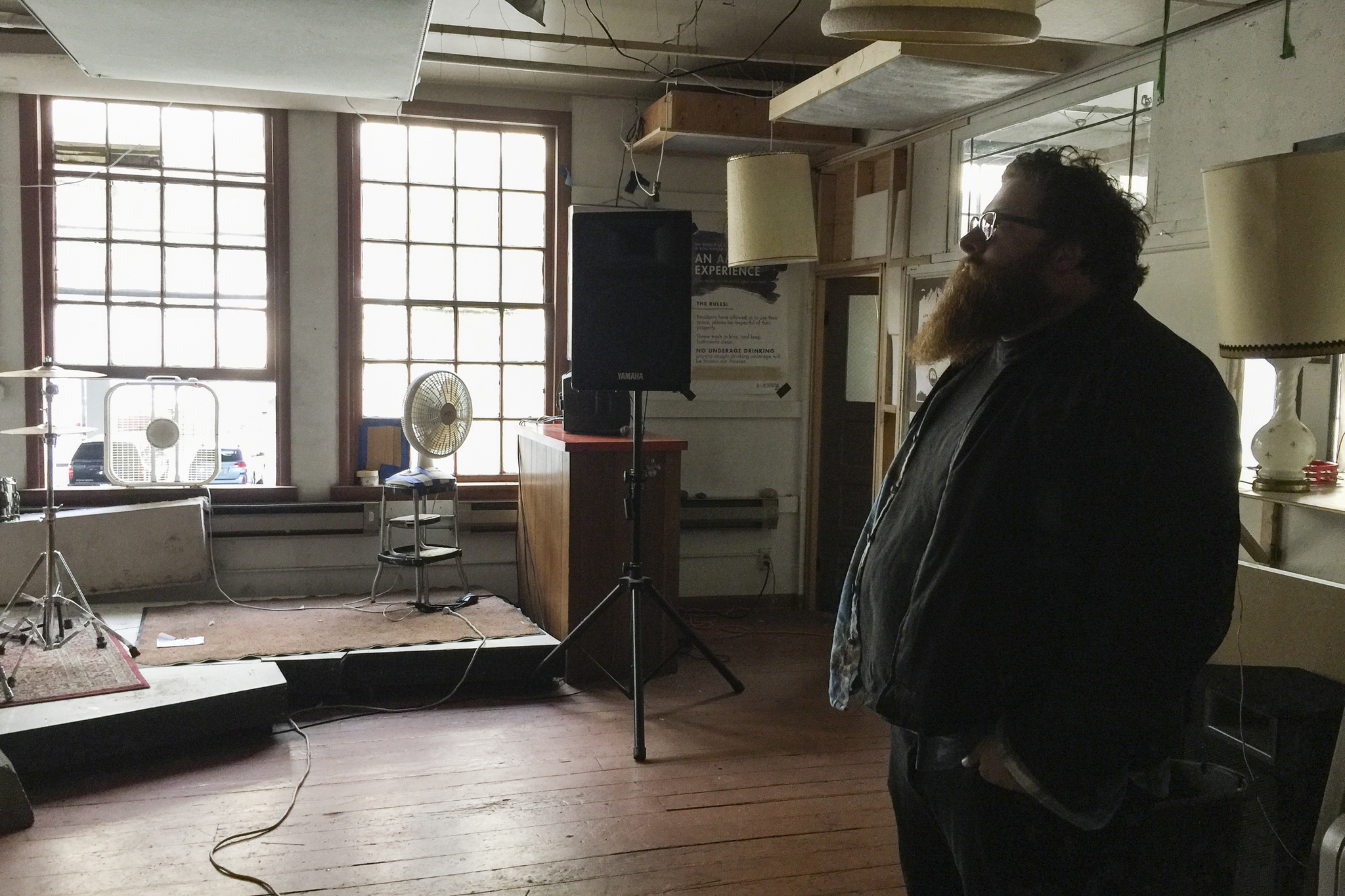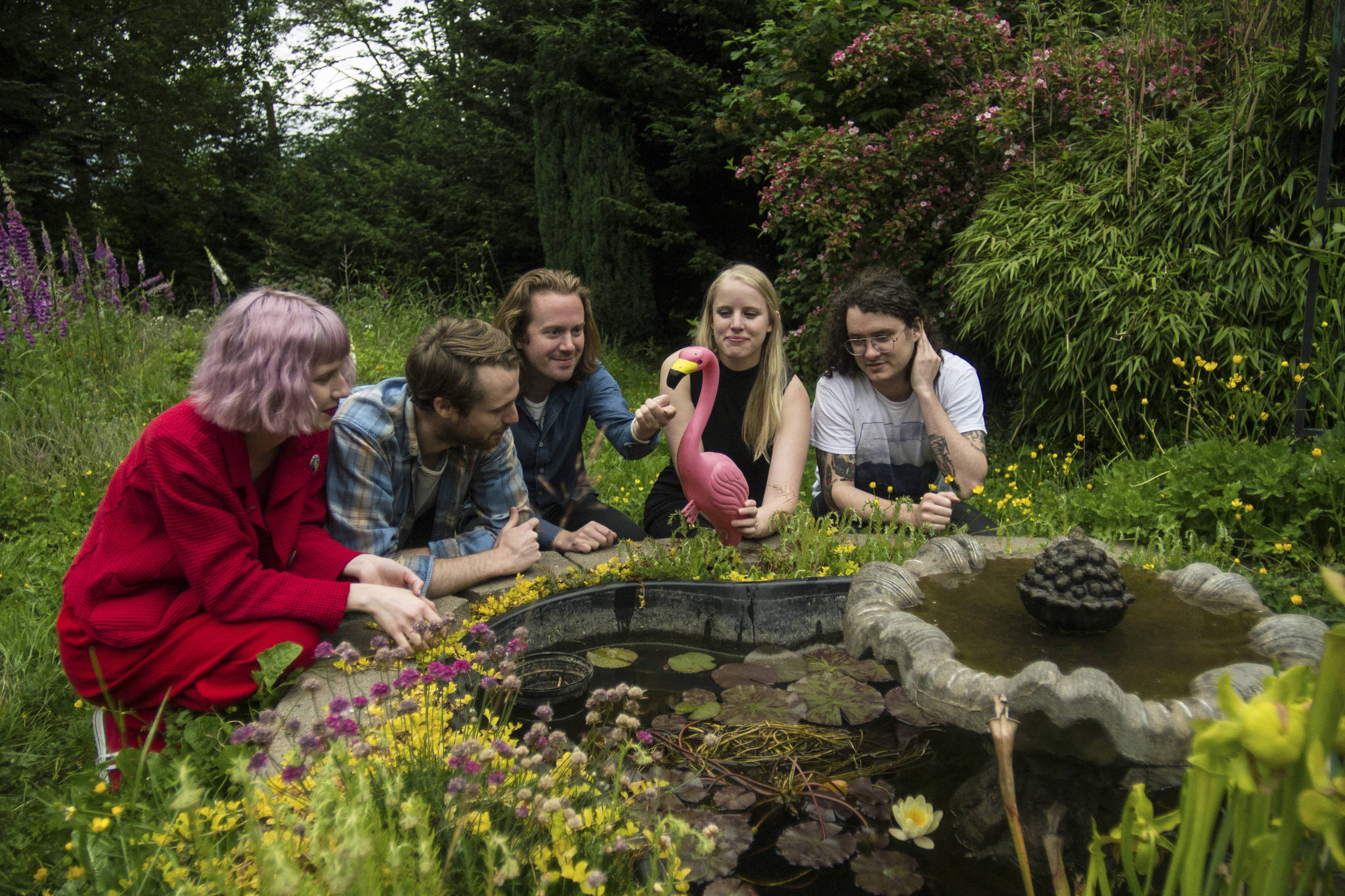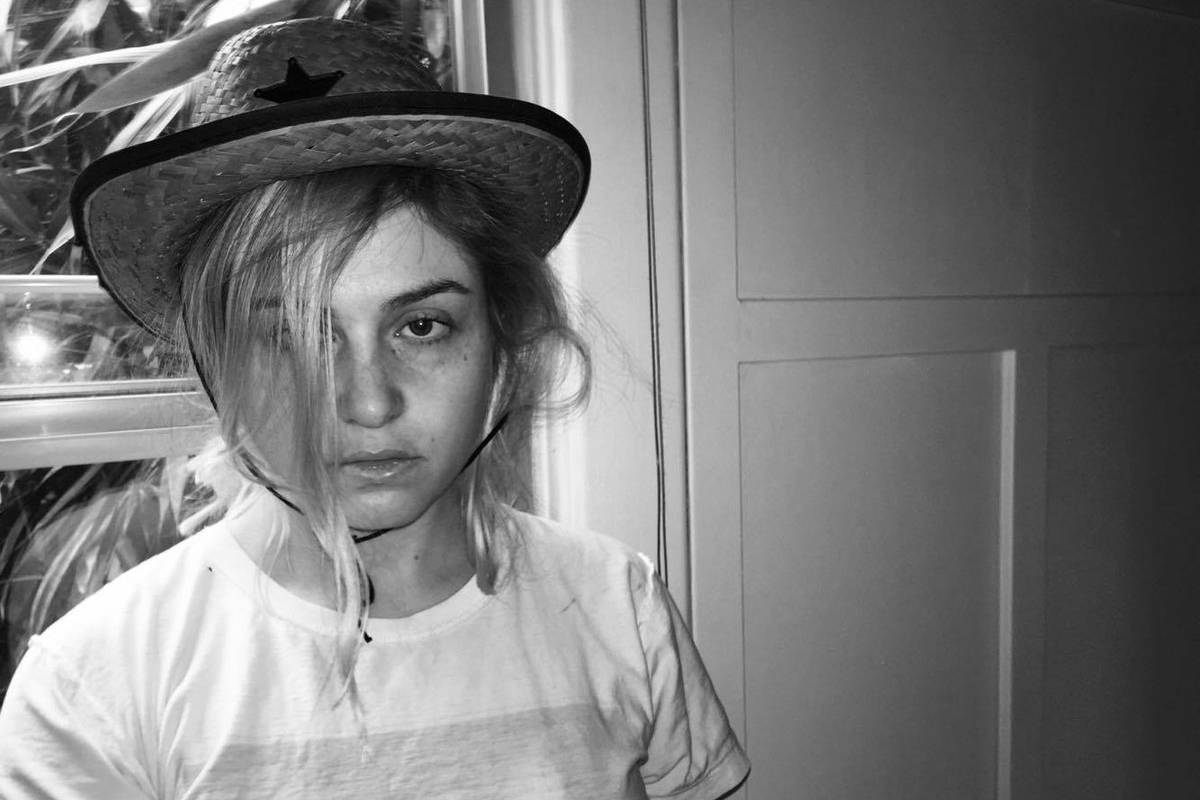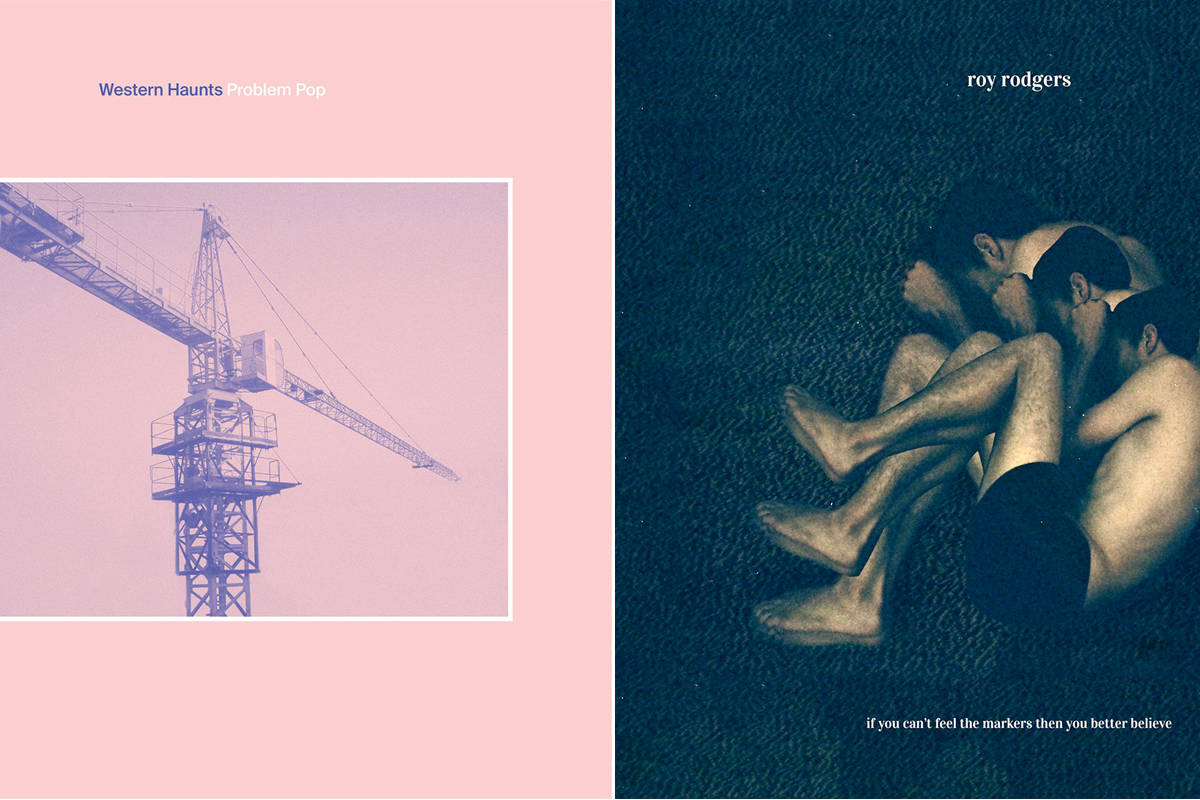At the end of this year’s Big Bldg Bash, a music festival at the eponymous Big Bldg art space in SoDo, co-organizers Ben Schauland, Rob Granfelt, and Pete Jordan were already talking about their next venture. When Schauland told Jordan that he wanted to start a label that doubled as a vinyl subscription, Jordan says he thought he was crazy. But it started the conversations that six months later would birth the nonprofit Big Bldg Records.
“When it comes down to it, we really aren’t interested making money,” Jordan says. “Not that we have had the opportunity yet. We want to be supporting local musicians.”
As Jordan explains, Big Bldg Records’ mission statement is not a conventional one. When they quickly realized that running a monthly vinyl service wouldn’t be feasible, they opted to launch with two vinyl releases to kick everything off. Unlike most labels, Big Bldg functions primarily as a resource for artists who have just emerged on the scene and may not have a large following. This runs counter to the idea of bands working their way up in a scene for years, instead enabling bands and acts just starting out to release their music in physical formats. Bands may already have their work recorded, but Big Bldg will provide vinyl and cassette pressing at no cost to the artist—for instance, their first two releases with art-rock duo Roy Rodgers and electronic-meets-folk act Eastern Souvenirs, which Jordan says will come out in February. With these and future releases, Jordan says they are committed to giving freedom to artists. “Whatever contracts we’ve signed, they’re open. They wanna come back and revisit it? We’re gonna change whatever they need,” Jordan explains. “The main thing is to give them [physical releases] so they don’t have to worry about it.”
In the era of streaming and digital download, it’s easier for bands to get their music out there, but harder to make money from it. Having a physical release can help artists bolster their income, but it comes with a massive price tag—especially vinyl. This, combined with the romantic ideals of tape and vinyl, made physical media a priority for Big Bldg. “There’s something about the artifact that’s really important, and especially with tape and vinyl, I think it keeps you engaged,” Jordan says. “You can’t just put on a playlist and leave it. If you want to hear the album, you’ve got to be around and turn it over.”
Both the Bash and the record label are centered around community building. So on top of helping artists subvert the troublesome task of paying for physical pressings, Big Bldg is committed to putting their efforts back into the larger Seattle community as well. “Really, we don’t have any money to throw around yet,” Jordan says. “But ultimately, anything above the next pressing we’d like to throw toward some sort of liberal nonprofit that’s doing good work locally.”
Big Bldg Records is currently running a Kickstarter campaign through Dec. 2 to provide funding for these first two releases. In the future, Jordan says, they hope to use profits from the record sales to keep the label sustainable.








